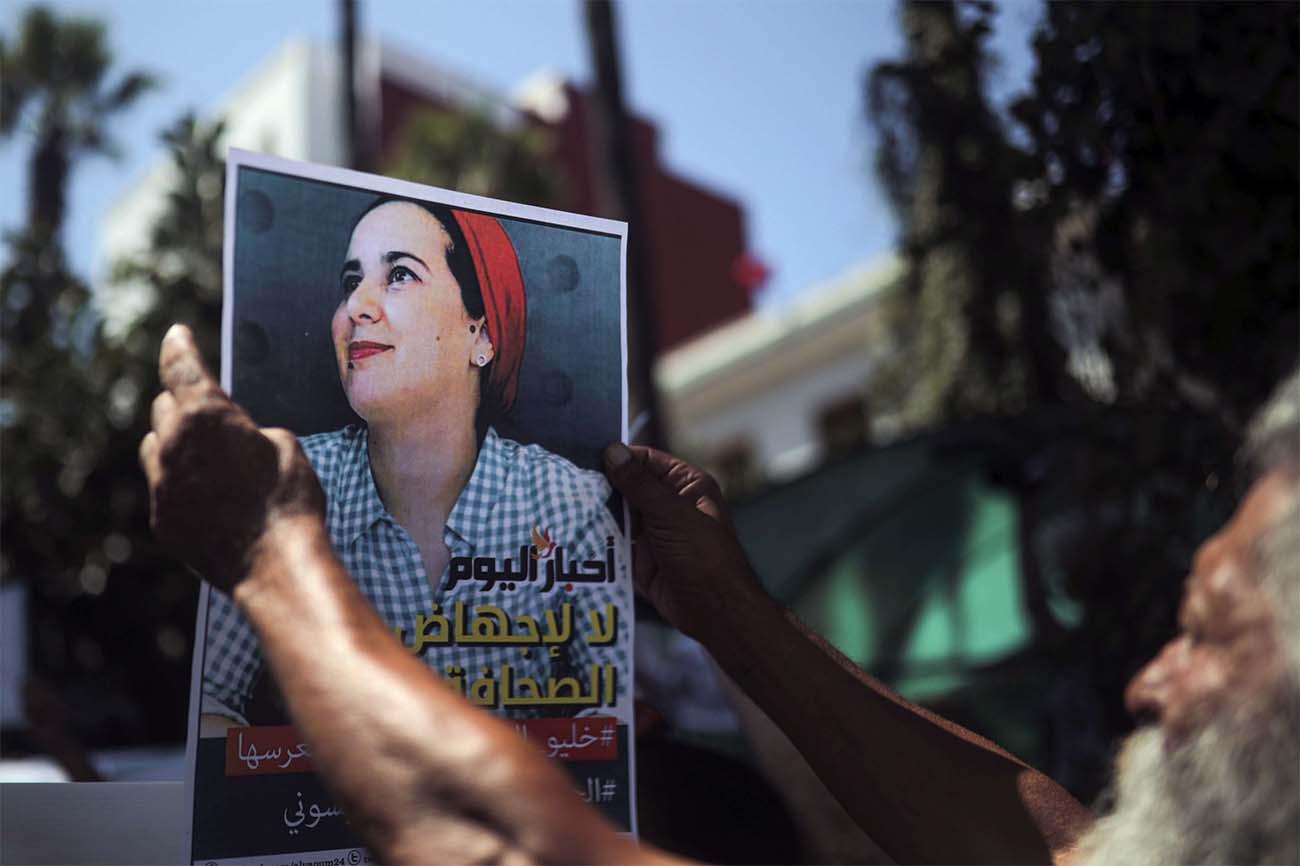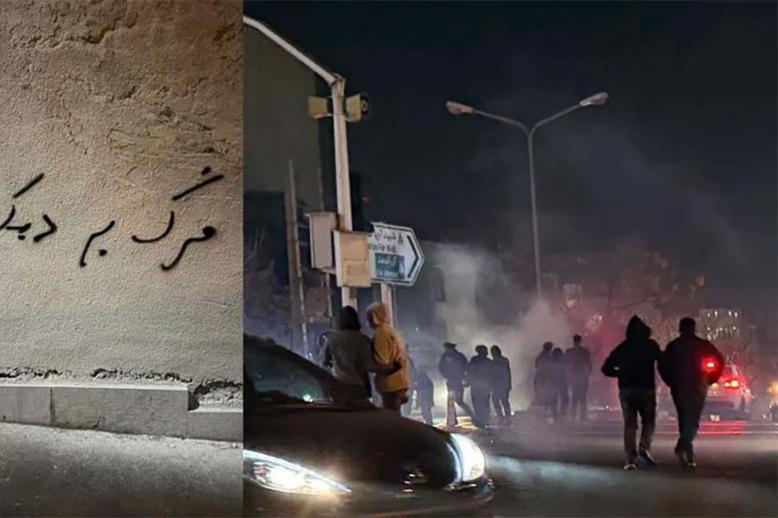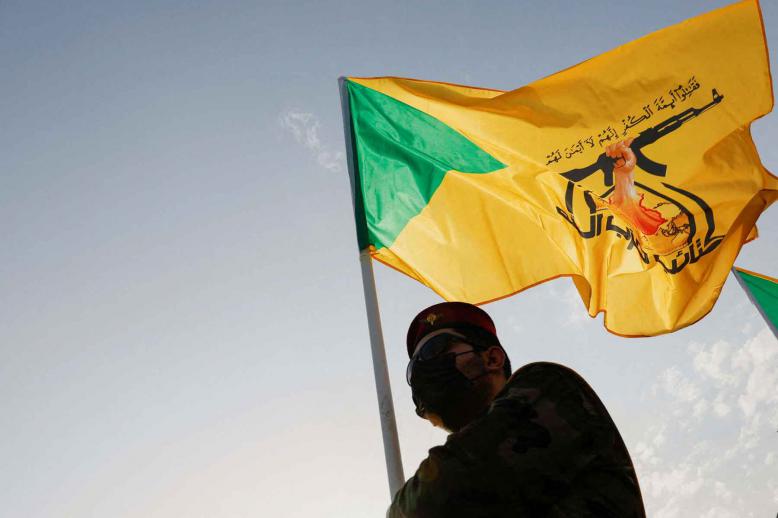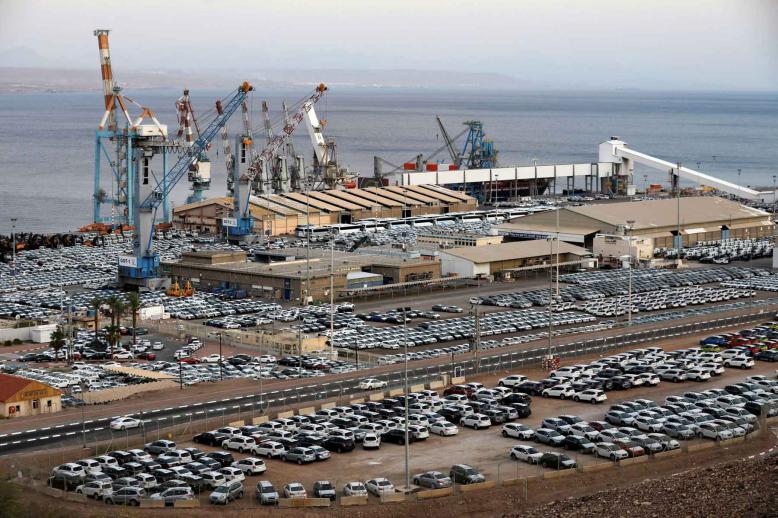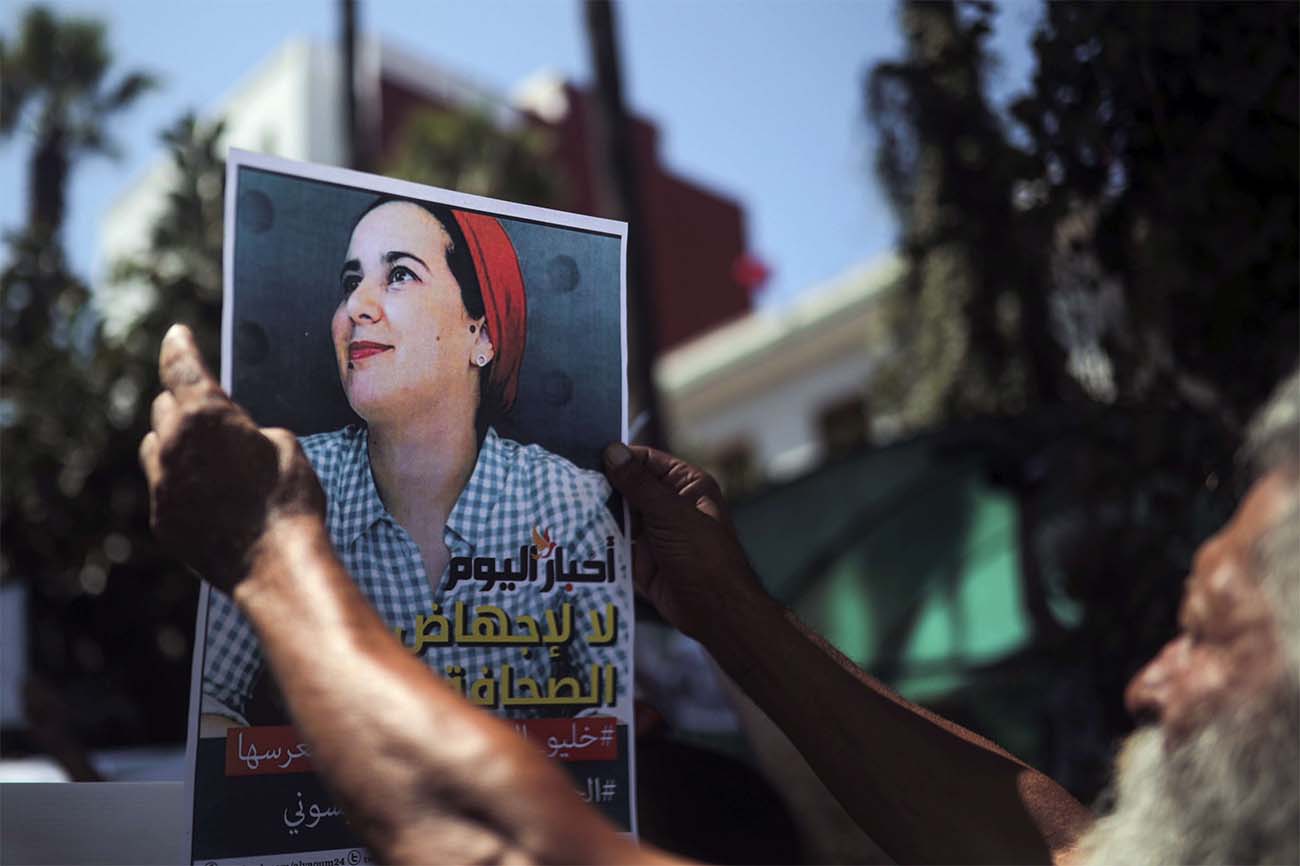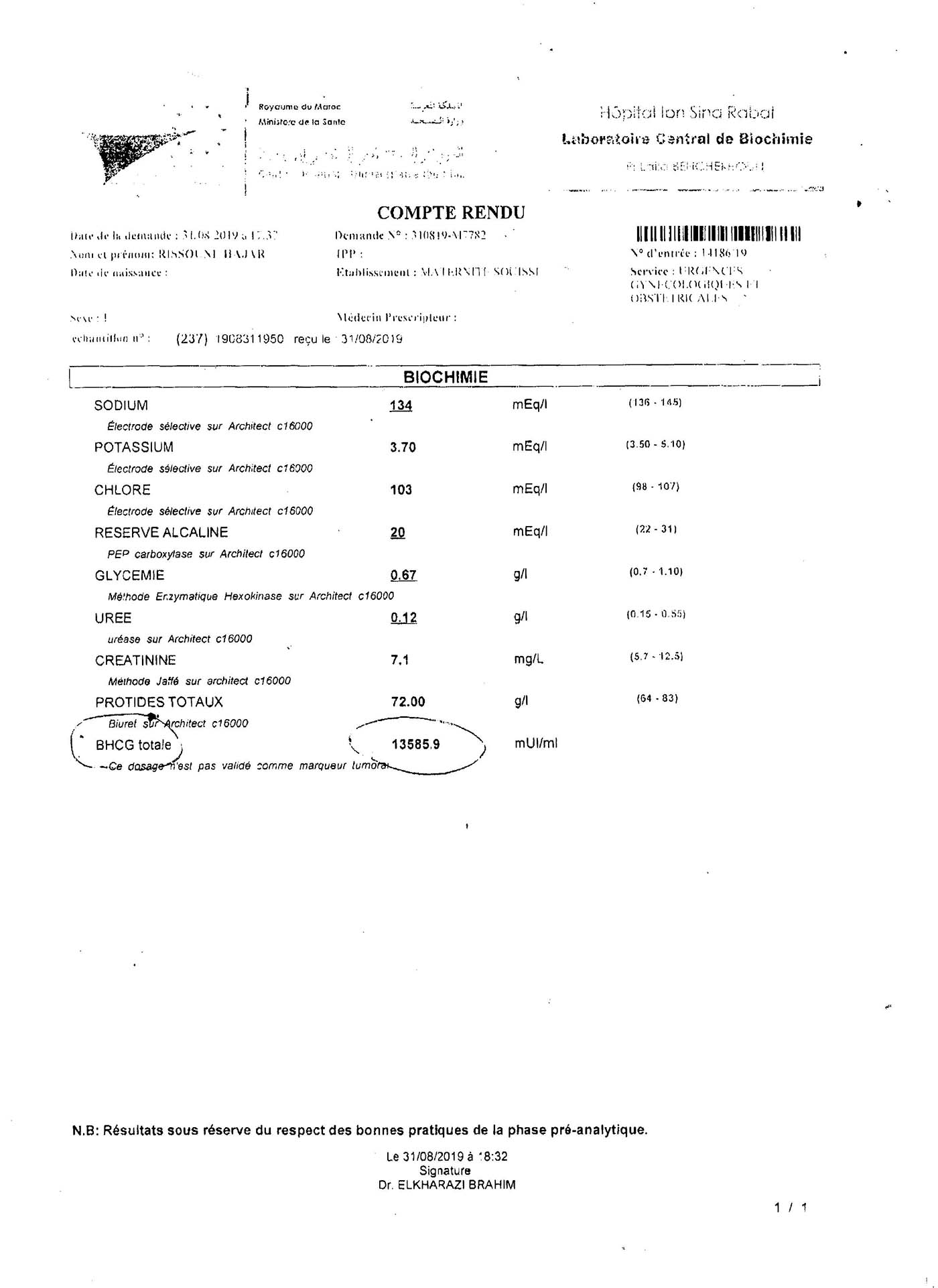
Defence of detained Moroccan journalist calls for charges to be dropped
RABAT – Lawyers of Moroccan journalist Hajar Raissouni, who has been detained for “illegal abortion”, called for the annulment of the minutes drafted by the judicial police and the abandonment of charges against her.
Abderrahmane Benamrou said that the documents showed that the prosecution was informed by the judicial police of the monitoring process of the clinic, but nothing allowed it inform them before proceeding to the inspection of the clinic.
"The inspection is null for not informing the public ministry and the resulting recordings are invalid," said the lawyer.
The 28-year-old journalist Raissouni has been detained since 31 August as she left the clinic in Rabat where her lawyer Saad Sahli said she had been undergoing treatment for internal bleeding.
But the prosecution insisted she had been seen by a medic last week and showed signs of pregnancy and of having undergone a "late voluntary abortion".
A medical report issued by Ibn Sina hospital in Rabat confirmed Raissouni’s abortion, revealing that the level of “beta HCG”, a blood test used to diagnose pregnancy, was almost three times its average.

A gynaecologist told Middle East Online that the level found on Raissouni’s blood undoubtedly proved her pregnancy, contrary to her lawyer’s statement that she was treated only for internal bleeding.
Raissouni risks up to two years in prison if found guilty under the penal code which bars sex before marriage and abortion.
Lawyer Ali Amar, representing the Federation of the Democratic League of Women's Rights and who is part of Raissouni’s defence team, called for reforming the law on abortion, by decriminalising it.
Raissouni, who is religiously but not yet legally married, had been due to wed her Sudanese partner last week. He was also arrested at the same time, along with the doctor, a nurse and a secretary.
But Morocco does not recognise religious marriage (based on reading Surat Al Fatiha).
According to official figures, Moroccan courts last year tried more than 14,500 people for "debauchery", 3,048 for adultery and 73 for having abortions.
Her arrest sparked a war of words pitting conservatives against modernists and divided opinions on both the media and social networks.
Driss Chahtane, the owner of Morocco’s most popular news website Chouf TV, said that all the documents proved Raissouni’s pregnancy and exposed the opinions that linked her arrest to her views and work in a press institution whose chief editor is in prison on moral charges.
Raissouni writes for the Arabic-language newspaper Akhbar Al-Yaoum, whose owner Touafik Bouachrine was sentenced in November to 12 years in prison on charges of rape and other offences.
“If there is no pregnancy or abortion, what is the reason to talk about her Sudanese companion and tell the police to read al Fatiha with him? Wasn't it about trying to analyse pregnancy and give it a legitimate dimension?,” asked Chahtane.
Award-winning Moroccan writer Tahar Ben Jelloun called for the revision of the Articles related to sex outside marriage and Raissouni’s release.
The Penal Code sanctions extramarital sex (Articles 490 and 491) and abortion when the life of the mother is not in danger. Article 483 punishes "public indecency" from one month to two years in prison.
“May these three totally anachronistic articles be repealed and that the eyes and consciences be open to the complex, diverse and living reality of a country that aspires to the person’s freedom and emergence,” wrote Ben Jelloun in a chronicle on lePoint.fr.
“That Hajar Raissouni be released and that the ridiculousness of this situation be erased," he concluded.
Ahmed Reda Chami, President of the Economic, Social and Environmental Council (CESE), said in a Facebook post that “ if the new legislation on abortion (which has been unresolved since 2016) had been adopted, we might have avoided dramatic and embarrassing experiences such as the one we are currently witnessing in the case of journalist Hajar Raissouni, as a citizen and a woman.


